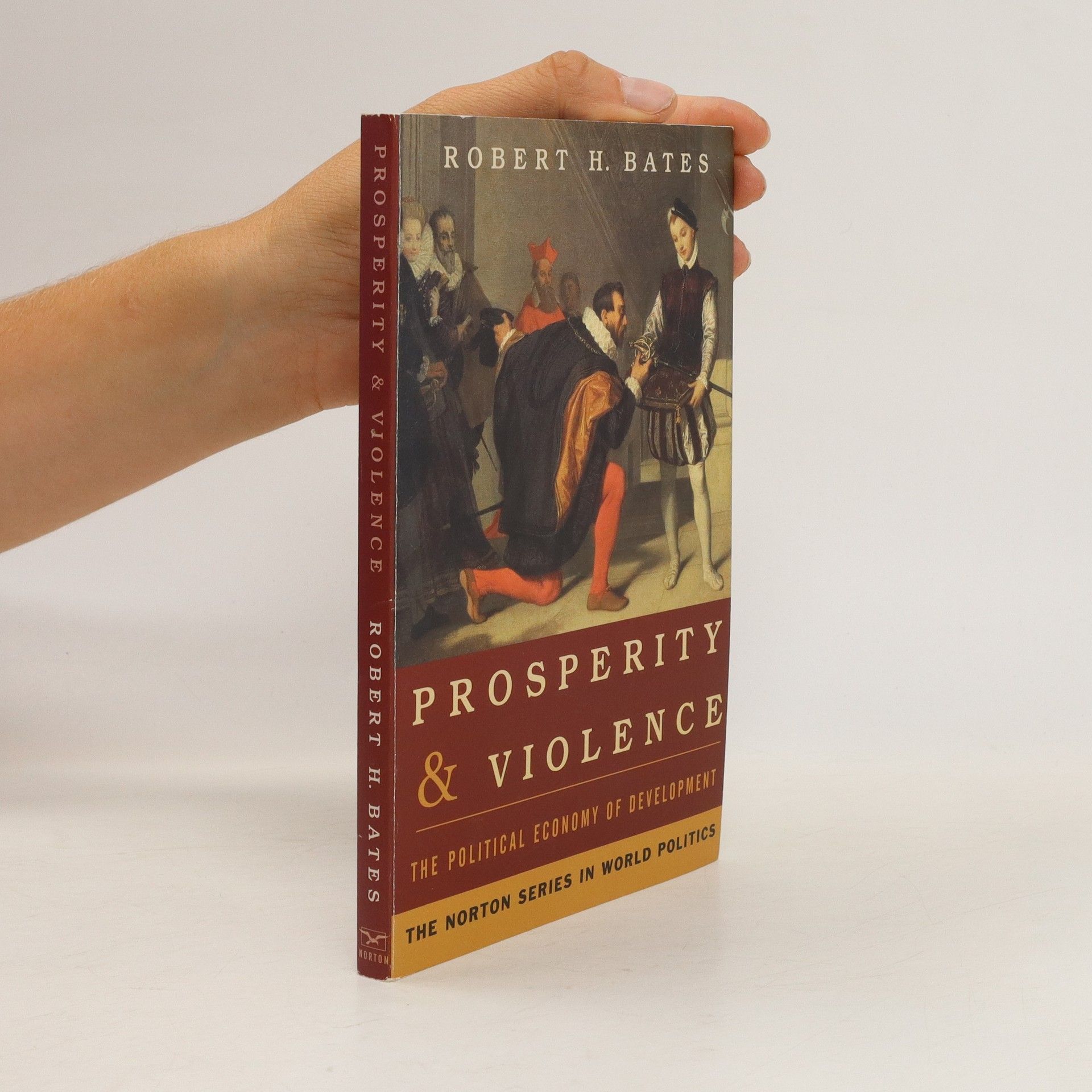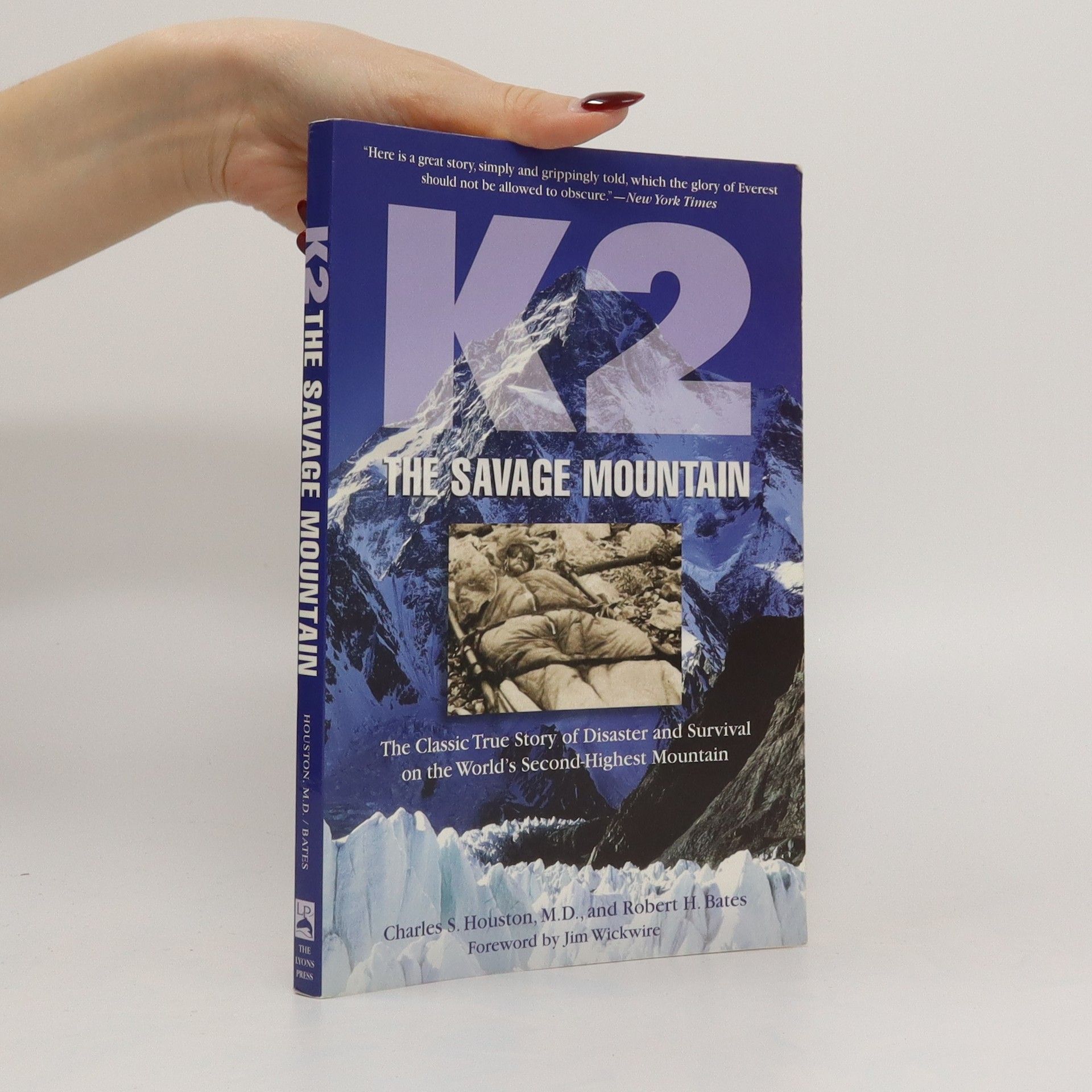When Things Fell Apart
- 206 Seiten
- 8 Lesestunden
Set in late 20th century Africa, the book delves into the intricacies of political order and the essential elements that constitute a stable state. It examines the historical and social contexts that shape governance and authority, providing insights into the continent's unique challenges and developments during this transformative period. Through a detailed analysis, it highlights the interplay between politics, culture, and society in the formation of modern African states.


